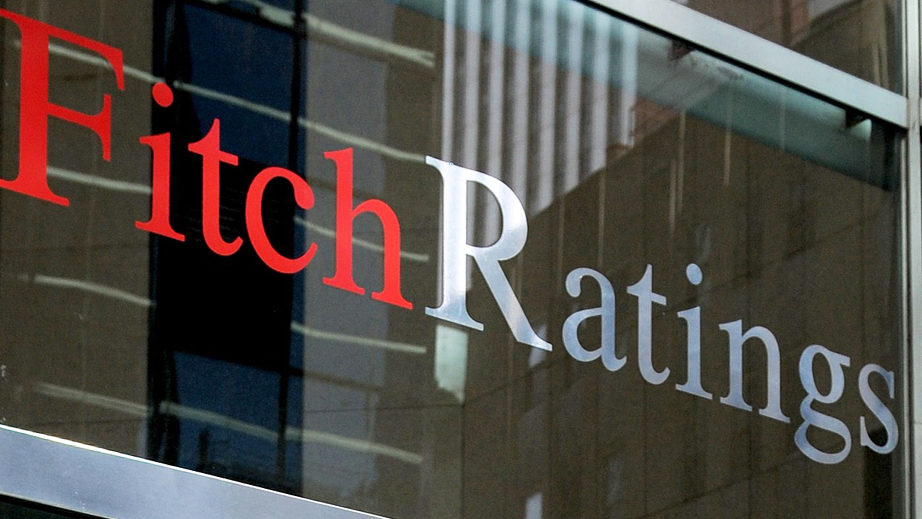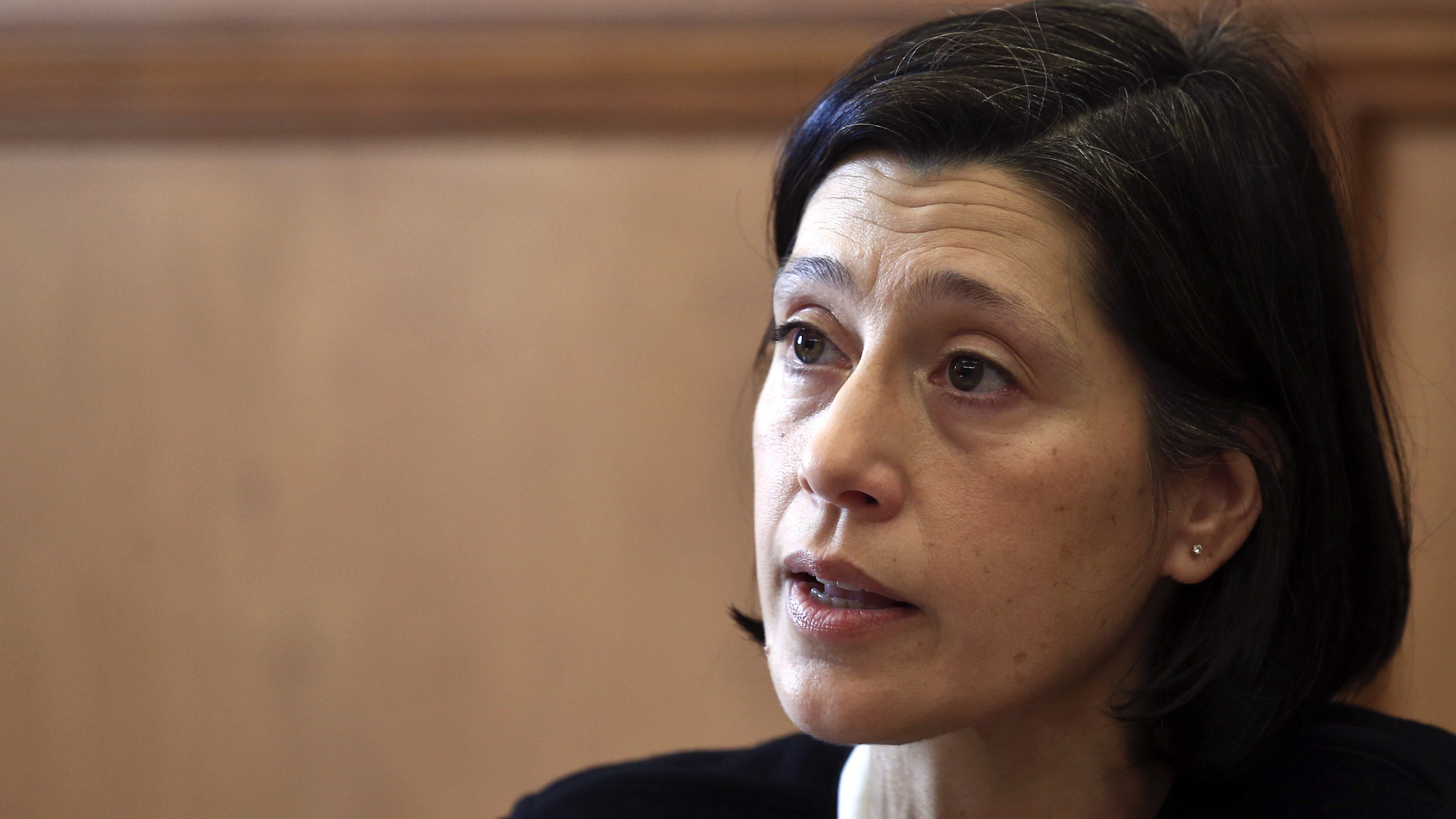IGCP believes in new rating increases in 2018
Cristina Casalinho believes Portugal may receive more positive assessments from rating agencies in the next couple of months. Moody's evaluation is in April.
Portugal may receive more positive assessments from rating agencies in the next couple of months. This is the belief of the president of the Portuguese Debt Management Agency (IGCP), Cristina Casalinho.
This Thursday, Cristina Casalinho told the Portuguese newspaper Jornal de Negócios that she believes the country’s rating could evolve favorably, after two of the three largest rating agencies gave Portugal an investment grade. On September 15 of 2017, Standard&Poor’s unexpectedly removed Portugal from the junk status and, three months’ later, Fitch improved the country’s rating in two levels, from BB+ to BBB.
"In the end of 2018, IGCP is projecting a liquidity buffer of around eight billion euros, a decrease in comparison to the 9.8 billion it had in the end of last year. Therefore, the Treasury will have a 1.8 billion euros’ negative surplus variation.”
On April 20, it will be Moody’s turn to evaluate Portugal. And the agency evaluates Portugal’s political risk as low and believes in the country’s ability to reduce debt. The analyst Sarah Carlson stated that Moody’s hopes that “Portugal’s shy potential growth will accelerate when investment is guided towards productive opportunities and when economic problems stemming from high debt in the private sector and from high unemployment are addressed“. And she adds that “the weakness of the banking sector also limits the potential growth because of the high levels of NPL, regardless of the banks’ recapitalization”.
Concerning debt, Cristina Casalinho states that 2018 should end with a lower liquidity buffer than last year’s. “In the end of 2018, IGCP is projecting a liquidity buffer of around eight billion euros, a decrease in comparison to the 9.8 billion it had in the end of last year. Therefore, the Treasury will have a 1.8 billion euros’ negative surplus variation”, she highlighted.
IGCP has been taking advantage of the good conditions in the market to find financing at smaller rates and, therefore, replace more expensive debt. It is in this context that Portugal has been making early repayments to the International Monetary Fund. This year, there has been a syndication with “the highest demand and with the lowest rate in ten years”, stated Cristina Casalinho, and also a 6- and 12-months Treasury Bills’ issuance this Wednesday which raised 1,750 million euros, with minimum rates.



